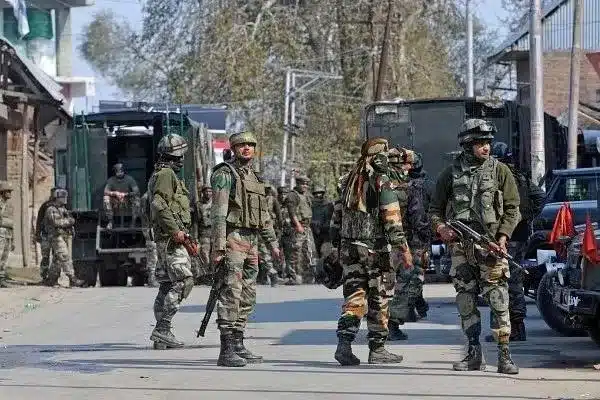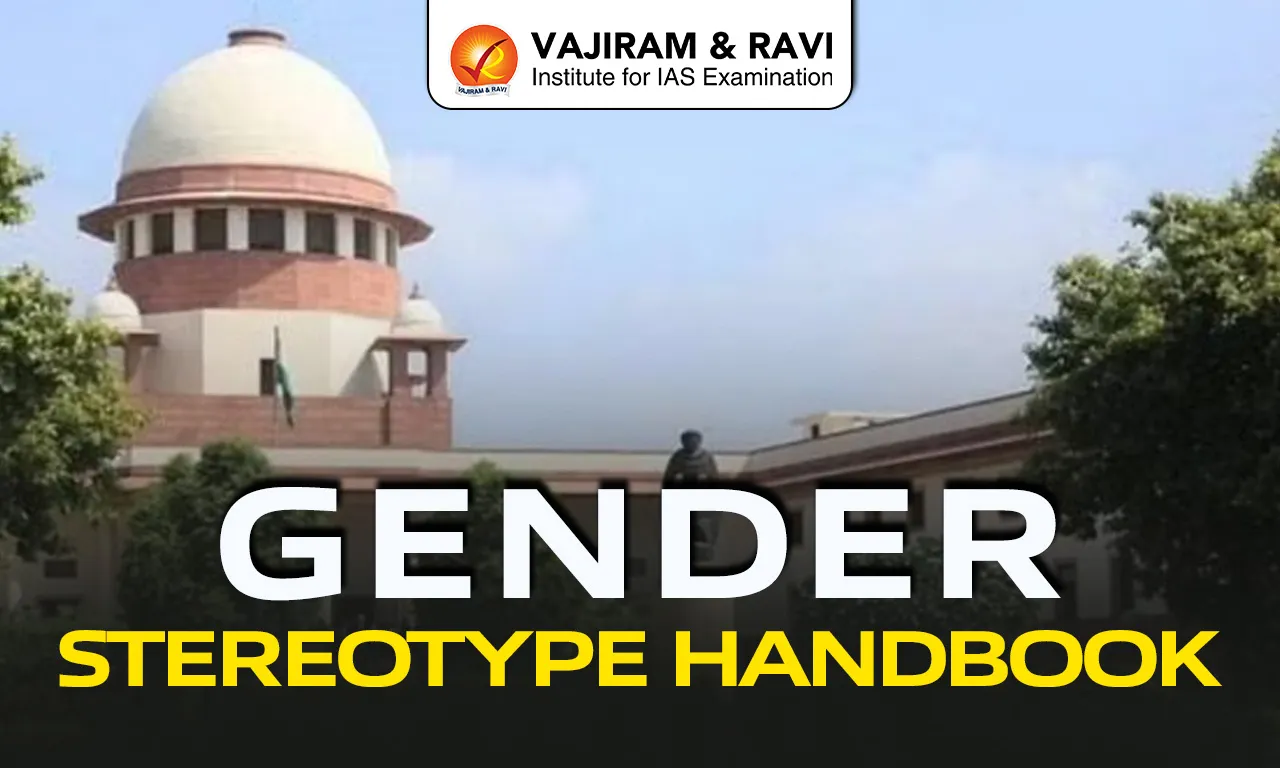What’s in today’s article?
- Why in News?
- What is the Background of the J&K Enemy Agents Ordinance?
- What are the Salient Provisions of the J&K Enemy Agents Ordinance?
Why in News?
- According to the J&K Director General of Police (DGP), investigating agencies should prosecute anyone discovered aiding militants in J&K under the Enemy Agents Ordinance 2005.
- The Enemy Agents Ordinance 2005 is more stringent than the Unlawful Activities (Prevention) Act (UAPA) and has the punishment of either a life term or a death sentence.
What is the Background of the J&K Enemy Agents Ordinance?
- It was first issued in 1917 by the then Dogra Maharaja of J&K and is referred to as an ‘ordinance’ since laws made during the Dogra rule were called ordinances.
- After Partition in 1947, the ordinance was incorporated as a law in the erstwhile state and was also amended.
- The Enemy Agents Ordinance 2005 (1948) was promulgated under Section 5 of the Jammu and Kashmir Constitution Act 1996.
- In 2019, when Article 370 of the Constitution was repealed, J&K’s legal framework also underwent several changes.
- The J&K Reorganisation Act listed out state laws that were to continue while several others were repealed and replaced with Indian laws.
- For example, while the security laws such as Enemy Agents Ordinance and Public Safety Act remained, the Ranbir Penal Code was replaced with the Indian Penal Code.
What are the Salient Provisions of the J&K Enemy Agents Ordinance?
- Who is an “enemy” agent? Anyone who conspires with another person to carry out an act intended to aid the enemy.
- Punishment: Enemy agents shall be punished with death or rigorous imprisonment for life or with rigorous imprisonment for a term which may extend to 10 years and shall also be liable to fine.
- Trials under the ordinance:
- Trials under the ordinance are conducted by a special judge who is appointed by the government in consultation with the High Court.
- Under the ordinance, the accused cannot engage a lawyer to defend herself unless permitted by the court.
- Appeal against the verdict:
- There is no provision for appeal against the verdict.
- The decision of the special judge can only be reviewed by a person chosen (by the Govt) from the judges of the HC and the decision of that person shall be final.
- Bar on ordinance: The ordinance also bars (without the previous authorisation of the Government) any disclosure or publication of the case tried under it.
Has this ordinance resulted in any trials? There are several Kashmiris who are or have been tried and sentenced under the Enemy Agents Ordinance.
Q.1. What is the Unlawful Activities (Prevention) Act (UAPA)?
The UAPA is the “Anti-terror law” of India. The 2019 amendment of the UAPA has made it possible for the Union Government to designate individuals as terrorists without following any formal judicial process.
Q.2. What is the J&K Reorganisation Act 2019?
The J&K Reorganisation Act 2019 enacted by the Indian parliament reconstitutes the Indian-administered state of Jammu and Kashmir into two Indian-administered union territories called Jammu and Kashmir and Ladakh.
Source: Those helping terrorists should be tried under Enemy Agents law: J&K DGP | IE
Last updated on February, 2026
→ UPSC Notification 2026 is now out on the official website at upsconline.nic.in.
→ UPSC IFoS Notification 2026 is now out on the official website at upsconline.nic.in.
→ UPSC Calendar 2026 has been released.
→ Check out the latest UPSC Syllabus 2026 here.
→ Join Vajiram & Ravi’s Interview Guidance Programme for expert help to crack your final UPSC stage.
→ UPSC Mains Result 2025 is now out.
→ UPSC Prelims 2026 will be conducted on 24th May, 2026 & UPSC Mains 2026 will be conducted on 21st August 2026.
→ The UPSC Selection Process is of 3 stages-Prelims, Mains and Interview.
→ Prepare effectively with Vajiram & Ravi’s UPSC Prelims Test Series 2026 featuring full-length mock tests, detailed solutions, and performance analysis.
→ Enroll in Vajiram & Ravi’s UPSC Mains Test Series 2026 for structured answer writing practice, expert evaluation, and exam-oriented feedback.
→ Join Vajiram & Ravi’s Best UPSC Mentorship Program for personalized guidance, strategy planning, and one-to-one support from experienced mentors.
→ UPSC Result 2024 is released with latest UPSC Marksheet 2024. Check Now!
→ UPSC Toppers List 2024 is released now. Shakti Dubey is UPSC AIR 1 2024 Topper.
→ Also check Best UPSC Coaching in India






















